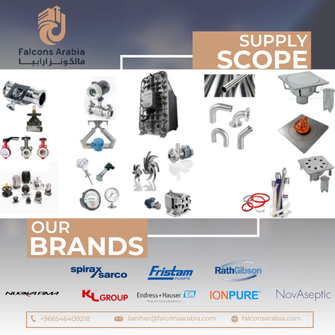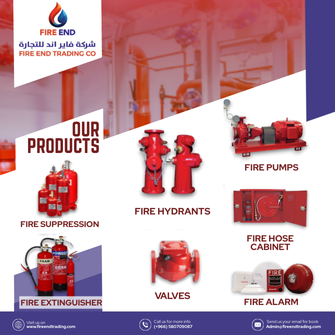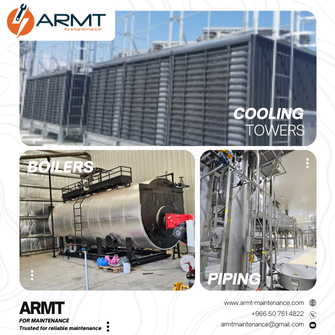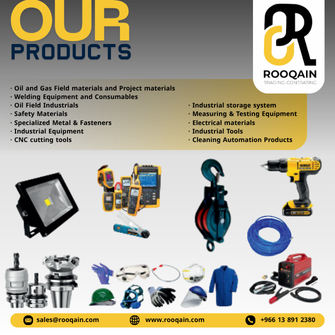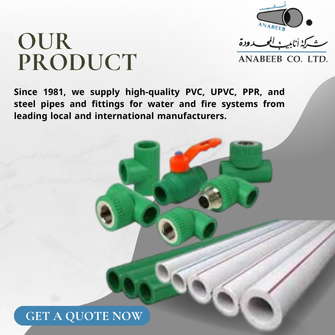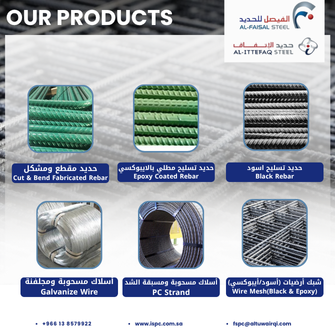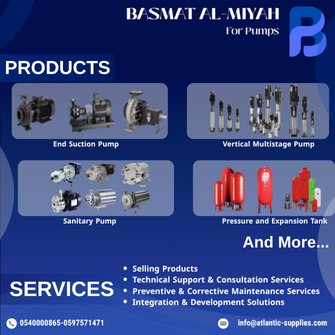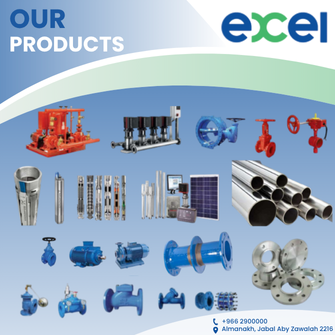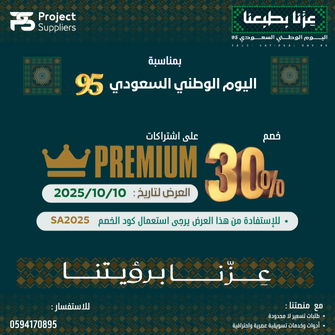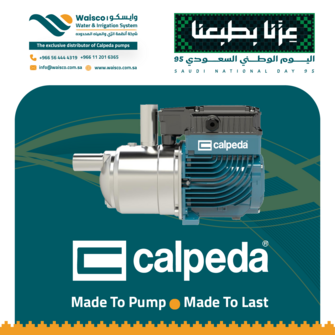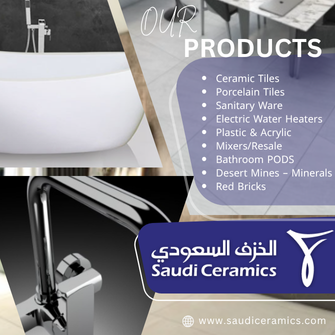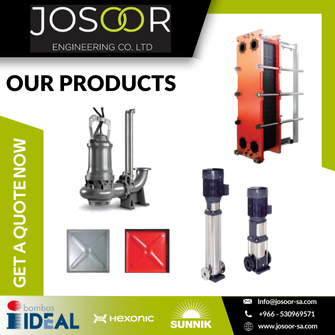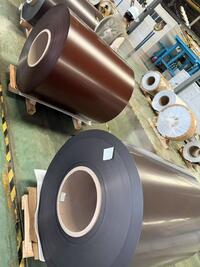advertisement
Gallery
Product Information
Aluminium foil (or aluminum foil in North American English; often informally called tin foil) is aluminium prepared in thin metal leaves with a thickness less than 0.2 mm (7.9 mils); thinner gauges down to 6 micrometres (0.24 mils) are also commonly used. In the United States, foils are commonly measured in thousandths of an inch or mils. Standard household foil is typically 0.016 mm (0.63 mils) thick, and heavy duty household foil is typically 0.024 mm (0.94 mils). The foil is pliable, and can be readily bent or wrapped around objects. Thin foils are fragile and are sometimes laminated with other materials such as plastics or paper to make them stronger and more useful.
Annual production of aluminium foil was approximately 800,000 tonnes (880,000 tons) in Europe and 600,000 tonnes (660,000 tons) in the U.S. in 2003. Approximately 75% of aluminium foil is used for packaging of foods, cosmetics, and chemical products, and 25% is used for industrial applications (e.g., thermal insulation, electrical cables, and electronics). It can be easily recycled.
Aluminium foil supplanted tin foil in the mid 20th century. In the United Kingdom and United States it is often informally called "tin foil", just as steel cans are often still called "tin cans". Metallised films are sometimes mistaken for aluminium foil, but are actually polymer films coated with a thin layer of aluminium. In Australia, aluminium foil is widely called alfoil.
Looking for new opportunities in the Saudi market?
Receiving real RFQs is the key for new orders.
Here in Project Suppliers platform we gain you the new opportunity.







